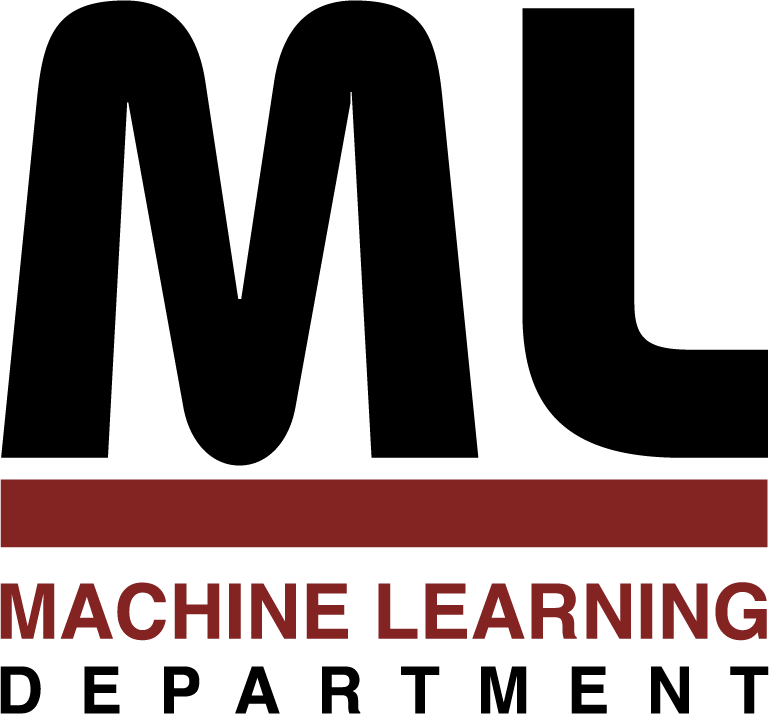
Machine Learning Department
School of Computer Science, Carnegie Mellon University
Structured Sparse Regression Methods for
Learning from High-Dimensional Genomic Data
Micol Marchetti-Bowick
May 2020
Ph.D. Thesis
In this thesis, we propose several new techniques for extracting meaningful information from noisy genomic data. To combat the challenges posed by high-dimensional, heterogeneous datasets, we leverage prior knowledge about the underlying structure of a problem to design models with increased statistical power to distinguish signal from noise. Specifically, we rely on structured sparse regularization penalties to encode relevant information into a model without sacrificing interpretability. Our models take advantage of knowledge about the structure shared among related samples, features, or tasks, which we derive from biological insights, to boost their power to identify true patterns in the data.
Finally, we apply these methods to several widely studied problems in computational biology, including identifying genetic loci that are associated with a phenotype of interest, learning gene regulatory networks, and predicting the survival rates of cancer patients. We demonstrate that leveraging prior knowledge about the structure of a problem yields increased statistical power to detect associations between different components of a biological system (e.g., SNPs and genes). This in turn provides greater insight into complex biological processes and more accurate predictions of disease phenotypes, ultimately leading to improved diagnosis and treatment of human diseases.
98 pages
Roni Rosenfeld, Head, Machine Learning Department
Eric P. Xing (Chair)
Jian Ma
Seyoung Kim
Su-In Lee (University of Washington
)
Martial Hebert, Dean, School of Computer Science
School of Computer Science